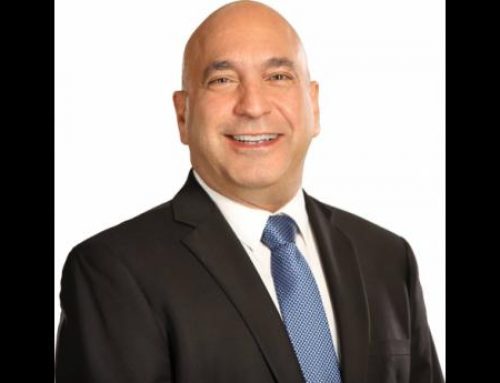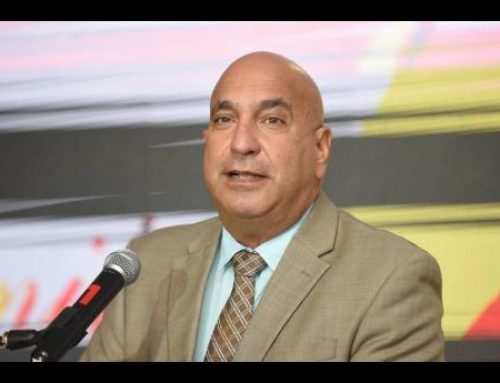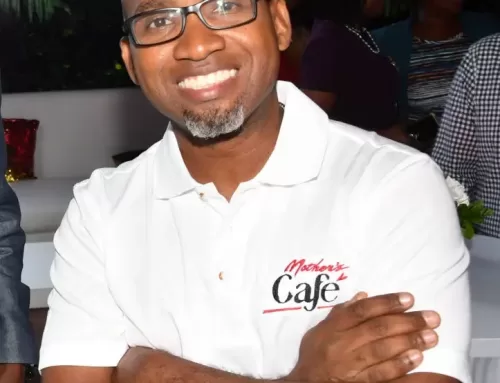It was a rare event for Sagicor Group Jamaica Limited.
The insurance and banking conglomerate’s profit for the second quarter ending June fell 14 per cent year-on-year due, in part, to the fallout from sovereign bonds held by its investment subsidiary. Weeks before the quarter closed, the Barbados government had defaulted on its foreign debt, and that event rippled across balance sheets in Jamaica and elsewhere.
Sagicor Group, now led by Christopher Zacca who became CEO a year ago, did not specify the losses from the bond, but its quarterly profit dipped from $3 billion to $2.6 billion.
The outcome was much worse for Victoria Mutual Investments Limited, VMIL, whose second-quarter profit plunged 77 per cent, from $75 million to less than $18 million, but would have risen by 20 per cent had Barbados not defaulted.
Victoria Mutual, however, is hanging on to the bonds.
“We continue to hold these securities and monitor the discussions between the government of Barbados (GOB) and the IMF and its external creditors, the outcome of which we believe will provide a platform for a recovery of the Barbadian economy,” said CEO Devon Barrett in a statement accompanying the financial report. “Additionally, the GOB bonds have recovered some value since the default event on June 1, 2018,” he said.
The GOB bonds currently trade at less than 50 cents on the dollar, with interest payments suspended for external bondholders.
“The writing was on the wall,” said Eugene Stanley, vice-president of fixed income and foreign exchange at Sterling Asset Management Limited, whose company had avoided the bonds.
The concerns started for Stanley around five years ago when Barbados’ fiscal deficit hovered at 11 per cent, well above the single-digit acceptable levels. Over the years, the Caribbean nation’s deficit dropped to roughly 4.0 per cent but the economy remained sluggish, debt to GDP hitting 175 per cent this year due to arrears not previously included in headline public debt figures. Additionally, international rating agencies issued a series of downgrades – some moving from high B to D ratings, reflecting default.
Stanley said that in the past, some institutions were pushing these bonds, but Sterling opted for other less risky investments with better returns.
“It used to be pushed hard to investors, now they have declared default on foreign debt,” he said – a reference to the decision announced in June by newly elected Prime Minister Mia Mottley, that Barbados would seek to restructure its debt and halt interest payments on sovereign bonds held externally.
Some 70 per cent of Barbados’ debt is held locally and 30 per cent externally by commercial creditors. The country continues to service its local debt.
“I can’t understand how Barbados is going to access the international markets after this default. They will have to convince the international community,” said Sterling’s Assistant Vice-president for Trading and Business Development, Yanique Leiba-Ebanks.








Leave A Comment